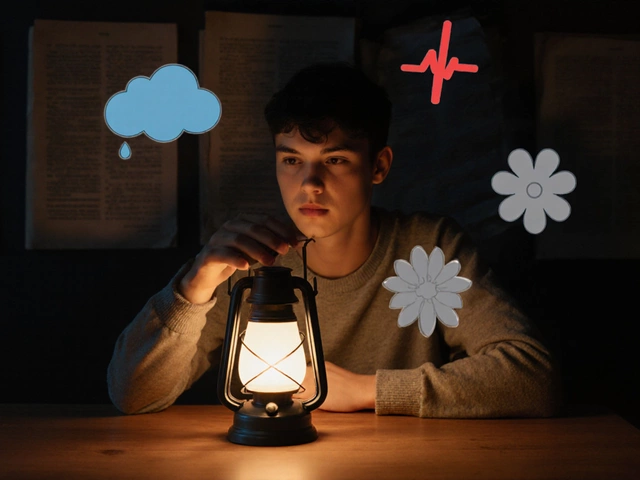Mental Health Risks – What They Are and How to Tackle Them
Feeling a little off? It could be a sign that something’s putting pressure on your mind. Mental health risks are everyday factors that push your mood, thoughts, and energy in the wrong direction. Knowing what they are helps you stop problems before they snowball.
Top Everyday Risks to Watch Out For
1. Chronic stress. When work, family, or money worries never end, cortisol builds up and makes anxiety and depression easier to slip into. Even short bursts of stress add up if you don’t give yourself a break.
2. Social isolation. Skipping chats with friends or family can leave you feeling empty. Our brains need connection; without it, negative thoughts grow louder.
3. Poor sleep. Tossing and turning three nights in a row hurts mood regulation. Lack of REM sleep makes it harder to handle daily challenges and can trigger irritability.
4. Substance misuse. Using alcohol, nicotine, or other drugs to cope may feel like a quick fix, but it messes with brain chemistry and often worsens anxiety or depression.
5. Financial pressure. Money worries are a heavy mental load. When bills pile up, the brain stays in “fight‑or‑flight” mode, leaving little room for calm.
Easy Actions to Reduce Your Risk
Here are practical steps you can start today:
Take micro‑breaks. Pause for two minutes every hour. Breathe in for four seconds, hold for four, then breathe out for four. This simple box‑breathing drops cortisol fast.
Reconnect. Send a quick text, join a community group, or schedule a weekly coffee with a friend. Even a 10‑minute chat can lift mood.
Prioritise sleep. Set a regular bedtime, dim lights an hour before, and keep screens out of the bedroom. Your brain will thank you with steadier emotions.
Watch the bottle. Limit alcohol to two drinks a day and avoid binge drinking. If you smoke, try a nicotine‑replacement patch or gum to reduce cravings without the brain spike.
Plan finances. List essential expenses, then set a realistic budget for non‑essentials. Seeing numbers on paper makes them less scary and gives you control.
Finally, remember that reaching out for professional help isn’t a sign of weakness. A therapist or counselor can give you tools tailored to your situation. Even a single session can provide a fresh perspective and reduce the weight of mental health risks.
Keep an eye on the signals your mind sends, act on them early, and you’ll build a stronger mental foundation. Small habits add up, and before you know it, you’ll feel steadier, more focused, and ready to handle life’s curveballs.






